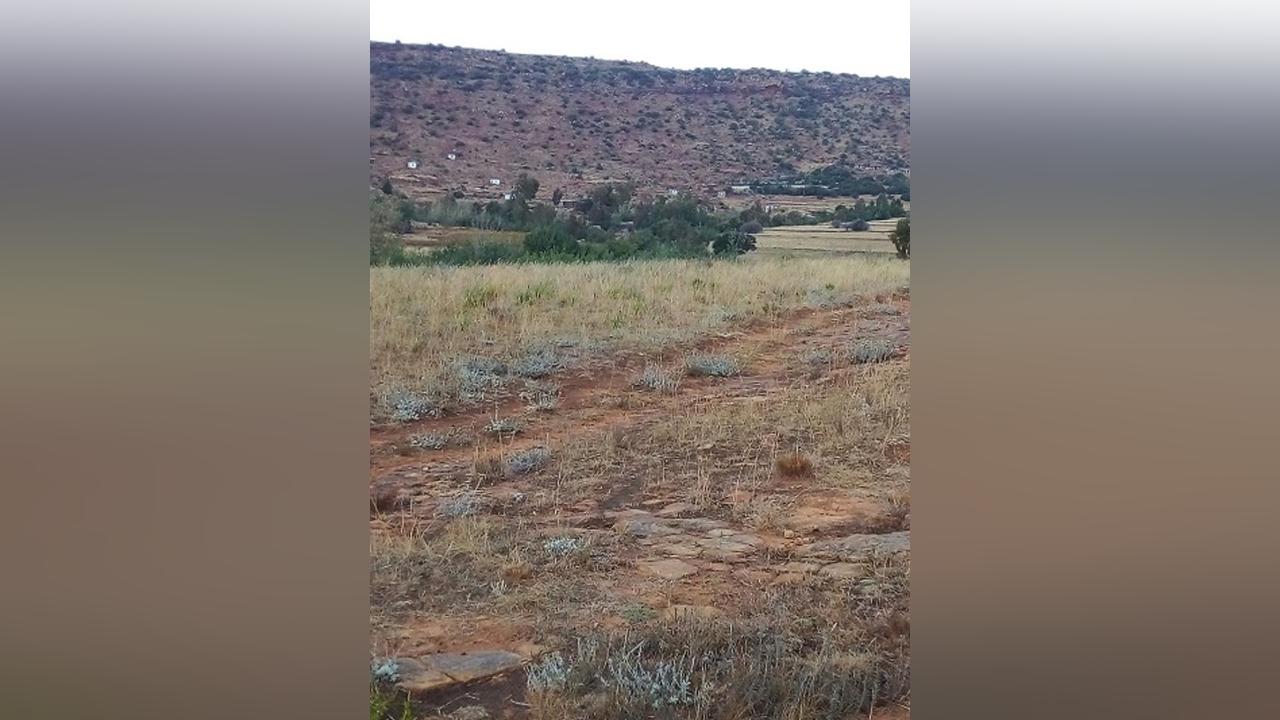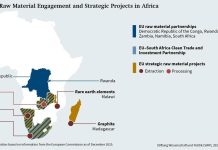Africa-Press – Lesotho. The findings of Afrobarometer surveys show that while climate change is still an unknown concept to nearly two-thirds of Basotho, those who are aware of it expect far more action from the government to fight it and that climate change awareness is far lower among rural residents than urban and peri urban residents.
This is according to Afrobarometer Dispatch No. 524. A presser dated 17th June 2022 states that the Afrobarometer team in Lesotho, led by Advision Lesotho, interviewed 1,200 adult citizens in February to March 2022.
It reveals that according to the National Climate Change Policy, Lesotho is already experiencing the impacts of climate change. These include increased frequency of extreme weather events such as droughts and floods, less farming and more food insecurity, land degradation, and depletion of the country’s natural resources, including loss of biodiversity.
This report states that although drought and flooding have immediate consequences for agriculture in rural areas, awareness of climate change is far lower among rural residents than urban and peri-urban residents, 28% vs. 43%-45%. Poorer citizens are less familiar with the term “climate change” 28% among those with high lived poverty versus 49% among those with no lived poverty and citizens with at least secondary education are two to three times as likely as the uneducated to have heard of climate change, 46%-65% among those with secondary or post-secondary education vs. 20%-22% among those with primary or no formal education.
It goes on to show that awareness of climate change also increases with respondents’. Among those who never or seldom, less than once a month get news from the radio,
television, social media, the Internet, or newspapers, only 23%-31% have heard of climate change. But awareness of climate change is as high as about six in 10 among respondents who frequently get news from newspapers (62%) and the Internet (57%) and about five in 10 among regular consumers of news from social media (52%) and television (48%).
Key findings indicate that about three-quarters of Basotho (73%) say floods have become more severe over the past 10 years, while nearly half (45%) say the same about droughts.
Fewer than four in 10 Basotho (36%) say they have heard of climate change. Among those who are aware of climate change: Almost nine in 10 (88%) say it is making life in Lesotho worse. Half (51%) believe that ordinary citizens can help curb climate change, and nearly seven in 10 (69%) want the government to take immediate
action to limit climate change, even if it is expensive, causes job losses, or takes a toll on the economy. Only small minorities are satisfied with efforts by the government (7%), developed countries (7%), business and industry (10%), and ordinary citizens (21%) to fight climate change. Compared to 2017, the proportion who say droughts have gotten more severe has decreased by 34 percentage points, from 79% in 2017, while perceptions of worsening floods have increased by 59 percentage points, from just 14% in 2017.
Urban and rural residents differ little in their experience of these climatic events. Economically well-off respondents, those experiencing low or no “lived poverty”1, are somewhat less likely to see increasingly severe floods, conceivably because they are more sheltered than their less-well-off counterparts.
Afrobarometer is a Pan-African, non-partisan survey research network that provides reliable data on African experiences and evaluations of democracy, governance and quality of life.
For More News And Analysis About Lesotho Follow Africa-Press






